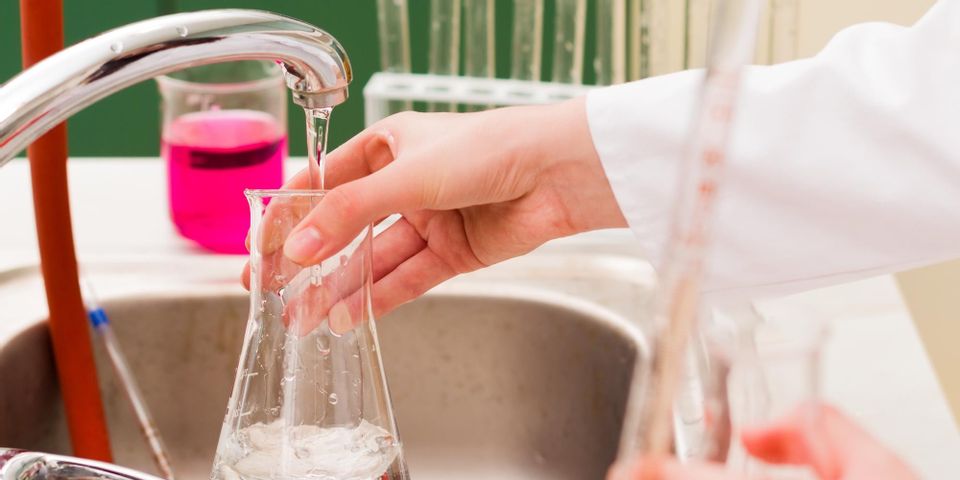
While well water is an excellent option for those looking for an affordable way to bring healthy, pure water into their homes, you should still have it periodically tested to guarantee its potability. Many factors can affect your water quality, and the presence of contaminants may pose a health risk. The following information will help you keep your water source safe.
What to Know About Well Water Testing
1. Why is it important to test well water?
Generally, groundwater is filtered by the top layers of the soil. The filtering process makes it naturally safe and clean to use. However, contamination can still happen, especially if there’s a defect in the well water system, the quality of surface water is compromised, or the water well is not correctly maintained. Make sure your private well water is safe by regularly testing its condition, then properly addressing any problem that may cause unsafe consumption.
2. What materials do professionals look for when they test the water?
 Qualified professionals can tell if your well water is safe by testing a sample of it in a laboratory. They will do chemical and bacteriological analyses to check the concentration of minerals in the water, and the presence of bacteria. Even if you think your water tastes and looks fine, it doesn’t mean harmful microbes and minerals aren’t there. Viruses, parasites, and bacteria aren’t visible to the naked eye, so you would need the right equipment to detect their presence.
Qualified professionals can tell if your well water is safe by testing a sample of it in a laboratory. They will do chemical and bacteriological analyses to check the concentration of minerals in the water, and the presence of bacteria. Even if you think your water tastes and looks fine, it doesn’t mean harmful microbes and minerals aren’t there. Viruses, parasites, and bacteria aren’t visible to the naked eye, so you would need the right equipment to detect their presence.
3. How often should I schedule a water test?
Usually, wells are tested at least once a year. However, you should have yours tested more often if you have a surface water source, or if the well is shallow. This is because contamination is more likely in these situations. Additionally, you should do testing when you're moving into a new property, if your family members have developed gastrointestinal problems, or if you haven’t used your well for a long time.
4. How will I know when it’s safe to consume the water after testing?
You could ask your agricultural agent or local health department for assistance with interpreting the findings if your water test results didn’t come with an explanation. You may also refer to the EPA’s guidelines for public water systems with regards to the acceptable amounts of contaminants. To compare your well water test results with state or federal drinking water standards, you can check out more information about the Maximum Contaminant Levels online.
Trust Coolwater Drilling in Bremerton, WA, with all your well maintenance and repair needs. Licensed and experienced professionals will make sure that your well water is clean and safe to use, and that you get the best service when it comes to well drilling and pump installation. Call (360) 830-9005 today to schedule your free estimate or send a message via their website.
About the Business
Have a question? Ask the experts!
Send your question

